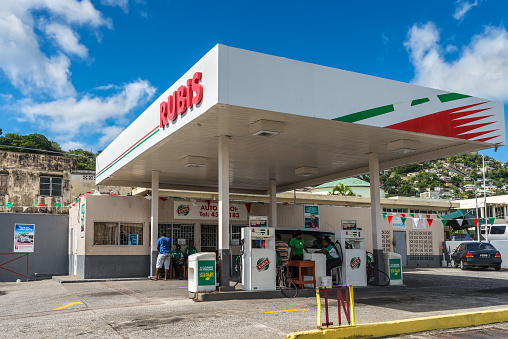Rubis Kenya has is facing off with the government over the deportation of its chief executive officer, Jean-Christian Bergeron.
The oil marketer has also come out to deny that it has been hoarding fuel in a bid to paralyze the market as has been alleged by the government.
This comes days after Bergeron’s work permit was withdrawn by the State Directorate of Immigration over what was termed as economic sabotage.
The firm says that output data shows that it upped supply in the three months to April.
“We wish to clarify that the group managing director Rubis Energy Kenya and CEO East Africa Jean-Christian Bergeron upon consultation with Rubis Energy head office travelled to Paris to provide a full brief on the situation in Kenya,” the company said in a statement.
“The gap in the supply of fuel has been triggered by various factors but one of the least publicised is the spike in local demand over the last three months evidenced by our daily retail sales.”
On Wednesday, the oil marketer had last-minute efforts to stop the deportation of its CEO. The deportation order follows revelations by the Energy and Petroleum Regulatory Authority (Epra) that leading oil majors increased their fuel exports to neighbouring countries leading to the ongoing shortage that has persisted for three weeks.
Rubis gave a detailed record indicating sales increased by 6.9 percent in February, 9.4 percent in March and 13.3 percent in April an indication that a surge in demand, not hoarding products caused the fuel shortages.
Nakuru mechanic who stole Uhuru’s car sentenced to death
Rubis controls 8.6 percent of the local market, making it the third biggest marketer after TotalEnergies and Vivo Energies. The sister company to Rubis, Gulf Energy controls 2.7 percent of the market.









